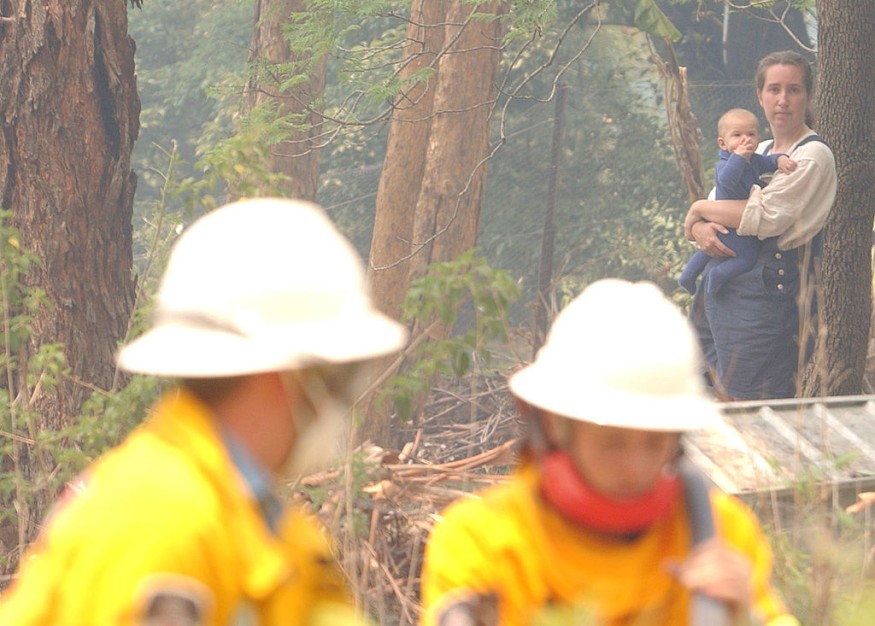Six new studies have revealed that the climate catastrophe is harming the health of unborn children around the world. In newborns, rapid weight gain has been found to be connected with higher temperatures, increasing the risk of obesity in later life.
Premature birth, which can have long-term health consequences, and an increase in the number of young children admitted to the hospital were linked to higher temperatures.

Higher Temperatures Linked to Early Birth
Studies have found that even low amounts of pollution from fossil fuel burning, such as smoke from wildfires, boosts the chance of serious birth defects.
Researchers from all around the world including the United States, Denmark, Israel, and Australia compiled their findings in a special issue of the journal Paediatric and Perinatal Epidemiology.
This is a global issue that affect everyone. These extreme weather events will become more frequent and more severe as a result of sustained climate change, as shown by this study, which highlights the importance of preparing for them now, rather than waiting until the future.
In the first year of life, scientists in Israel discovered an connection between heat and rapid weight increase.
In a study of 200,000 births, researchers discovered that infants who were exposed to the 20 percent of nighttime temperatures that were the warmest had a 5 percent higher risk of rapidly gaining weight than other infants, according to The Guardian.
Effects of Being Exposed to Wildfires During Pregnancy
Researchers from the Hebrew University of Jerusalem stated their findings have significant implications for both climate change and the obesity epidemic. 18% of children worldwide are now classified as overweight or obese.
When the temperature rises, less fat is burned to keep the body at a constant temperature. This may explain why infants gain weight so quickly.
As wildfires burn in California, pregnant women are more at risk for a birth condition called gastroschisis, where the baby's digestive system protrudes from his or her body through an opening in the skin.
More than a third of the babies were born to moms who lived within 15 miles of a wildfire, and the researchers found that this proximity was associated with higher rates of preterm deliveries and lower birth weights for the babies. Mothers who were pregnant at the time of the study had a 28% increased risk of having a child with this birth condition.
The incidence of foetal gastroschisis in the United States is approximately 2,000 cases per year. However, the number of instances is increasing all over the world.
In the future decades, Human exposure to wildfires is expected to rise, according to California State University's Bo Young Park. Consequently, a full understanding of the health consequences of wildfires is essential.

Further Research on Global Heating and Premature Birth
Premature birth was found to be linked to high temperatures in two new research projects. From 2005 to 2014, researchers in New South Wales, Australia, examined nearly one million pregnant women, finding that 3% of them gave birth before 37 weeks.
Premature birth was 16 percent more likely in individuals who lived in the state's hottest area. This was the first study to find a similar effect in a more temperate part of Australia, as opposed to Brisbane, which is located in a warmer subtropical climate.
In light of projected rises in global temperatures and heatwaves, experts led by University of Sydney's Edward Jegasothy say, the probability of premature birth is going to grow.
Related Article : Exposure to Polluted Air Contributed to Six Million Preterm Births Around the World in 2019
For more news, updates about global heating and similar topics don't forget to follow Nature World News!
© 2025 NatureWorldNews.com All rights reserved. Do not reproduce without permission.





